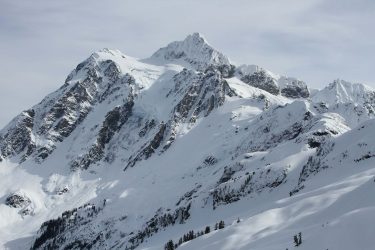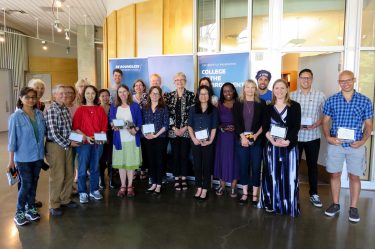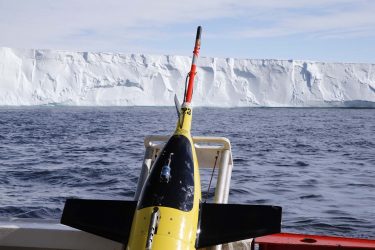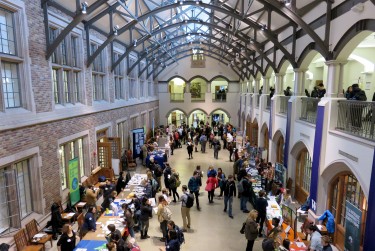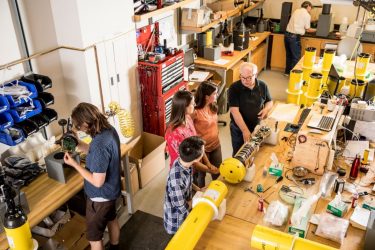
Around the planet’s oceans, nearly 4,000 floats — many of them built at the University of Washington — are plunging up and down, collecting and transmitting observations of the world’s oceans.
This fall, one of these diving robots made the program’s 2 millionth measurement, reporting temperature and salinity recorded to a depth of about a mile.
The Argo Program is a 20-year-old project to gather 3D data on the oceans. The U.S. program is part of an international observing effort with 26 countries that operate floats throughout the planet’s waters.
“When we started in 1999, no one would have even considered the 2 million profile milestone,” said Stephen Riser, a UW professor of oceanography. “In the beginning there was some question about whether the instruments would even work well enough to do this. We were just hoping it would work for the first few years.”
The UW has manufactured between one third and one half of the U.S. floats now in use, Riser said, which account for about half the international total. So the UW has manufactured about a fifth or a sixth of the world’s supply.
Not to be too hyperbolic, but Argo has really revolutionized physical oceanography,” said Alison Gray, an assistant professor of oceanography. “I think it’s been one of the largest successes of any observational program of its kind.”
“One of the most important practical uses for the data is in weather forecasting, in that the data that we get from Argo have significantly improved weather forecasts and marine forecasting around the world,” Gray said. “But scientists are interested in the data to understand the processes that are controlling the ocean, and how the ocean impacts the climate system.”
Read more at UW News »



